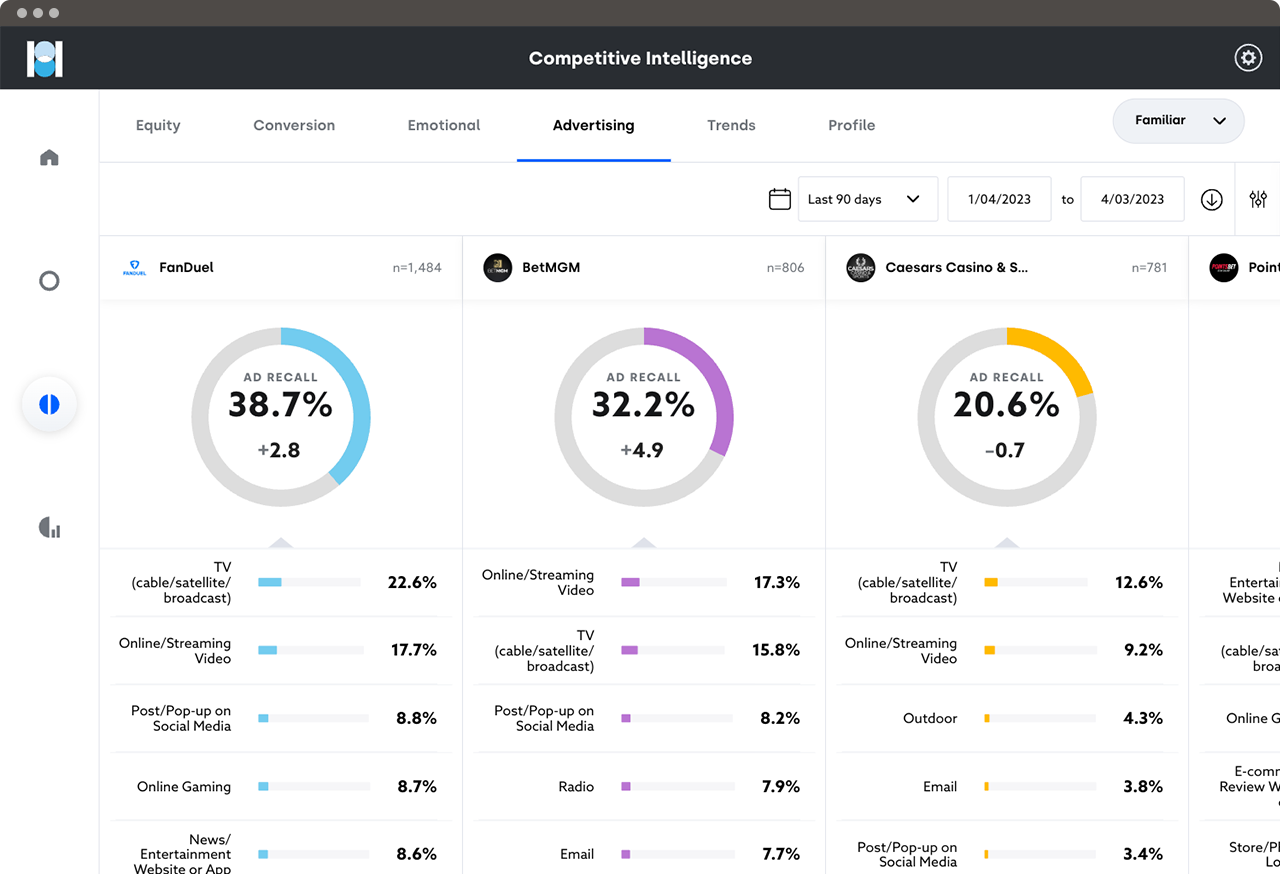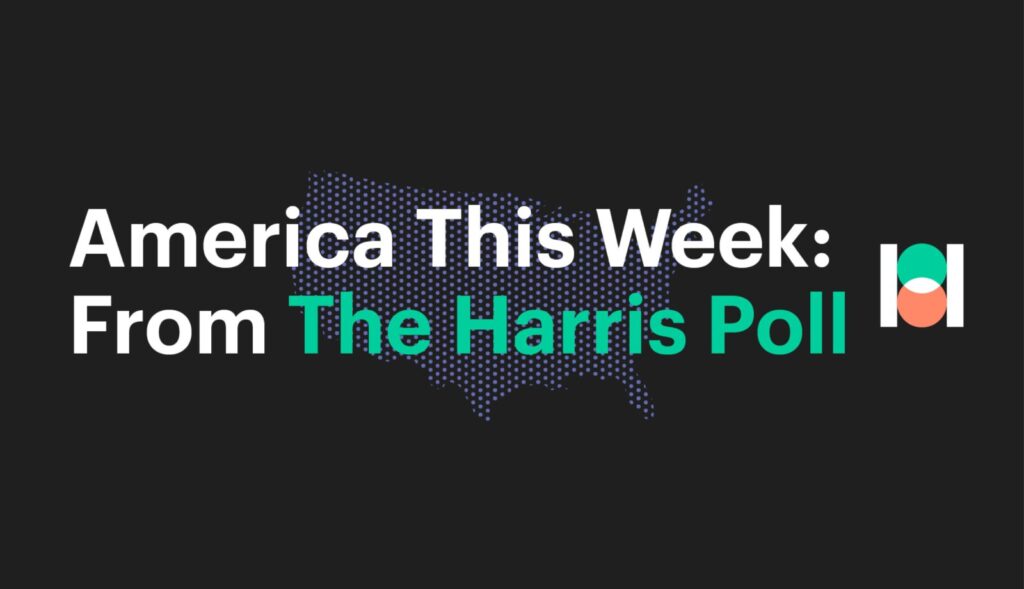Brief • 3 min Read

Facebook was one of the first, and most impactful, social media platforms in the early 2000’s. It was the most downloaded mobile app of the 2010s and is the third-most-visited website globally as of just two months ago.
However, it has been impossible to ignore the lack of attention Facebook has received from Gen Z (ages 12 to 27) when compared to Instagram, TikTok, and Snapchat.
With technology becoming more accessible and prevalent in younger generations, social media’s vast user base will continue to skew younger. For instance, Millennials (ages 28 to 43) on average got their first cell phone at 20, while Gen Z recieved theirs at 12.
Additionally, Gen Z’s social media presence now accounts for 88% of Millennials’ user base, despite Millennials being the first to access and popularize the platforms. As Millennials and older generations phase out of social media as a dominant form of communication, Gen Z will become the deciding demographic for these platforms.
What’s at stake?
While appealing to the current user base is essential for short-term success, media platforms must understand the gravity of younger generations in bridging relevance in the long run.
Unlike social media platforms that cater to a specific usage or demographic, such as LinkedIn in the professional space and X (formerly Twitter) for written posts and news, Facebook and Instagram appeal to a similar type of user.
However, this is where Facebook Marketplace can provide distinct value to young social media users who are already well-established on Instagram.
What is Facebook Marketplace?
Facebook Marketplace allows anyone with a Facebook account to browse, buy, or sell previously owned items. The range of goods offered on this platform is immense, including anything as simple as apparel or as sophisticated as cars and motorcycles.
While similar online marketplaces exist, sellers on Facebook Marketplace have access to a much larger user base due to its direct integration into Facebook. Buyers also benefit from this integration due to the seamless on-site messaging tools and their ability to view sellers’ profiles and previous ratings.
What makes Gen Z a fit for this platform?
Several factors make Gen Z an optimal user base for Facebook Marketplace. According to Future Market Insights, the secondhand apparel market is currently estimated at only 34.7% of its projected valuation a decade from now.
Extending beyond apparel, the market for general secondhand products is expected to grow at a CAGR of 17% during 2025-2030. A huge factor of these predictions is Gen Z’s environmentally conscious nature and affinity for second-hand goods.
Facebook Marketplace provides this demographic with a way to shop sustainably, conveniently, and safely, while providing financial incentives due to the competitive pricing of used goods.
Facebook’s edge moving forward
Interestingly, data from Pew Research Center indicates that Facebook’s social media usage is lower in US adults aged 18-29 when compared to ages 50-64, but data from QuestBrand By The Harris Poll indicates significantly higher usage of Facebook Marketplace by this younger demographic.
This data is shown in Figure 1 below, displaying sales conversion funnels for younger (Gen Z + Millennials – left) and older (Gen X + Baby Boomer – right) US adults. These funnels track the retention of younger and older users as they go from initial product awareness to trial, usage, and ultimately recommendation.
Most notably, these funnels show that “Trial” (+15.8) and “Usage” (+7.4) were both significantly higher in the younger group despite similar initial awareness. This insight exposes an opportunity for Meta to leverage Facebook Marketplace to attract younger users to Facebook.
Facebook Marketplace’s Sales Conversion Funnel – Younger Vs Older US Adults

Figure 1. Questbrand. 7/1/24-9/30/24. Base: Gen Z + Millennials, n=1,438. Base: Gen X + Baby Boomers, n=1,721
A change in narrative
Mark Zuckerberg, CEO of Meta and founder of Facebook, has seen Facebook’s loss of popularity among young adults over the last decade, especially as a result of rival platforms.
However, Meta is also aware of Marketplace’s positioning to attract new users. This user conversion from Marketplace may already be making a difference, as Zuckerberg noted “positive trends” with young adults and Facebook in Meta’s Q3 earnings report of this year.
Further bridging the practicality of Marketplace with the inherent social nature of Facebook seems like a necessary step for Meta to ensure the longevity of Facebook. By requiring new users to make a Facebook account to use Marketplace, it’s likely this bridge is already being built.
Subscribe for more Insights
Subscribe to our newsletter for the latest trends in business, politics, culture, and more.

Related Content









